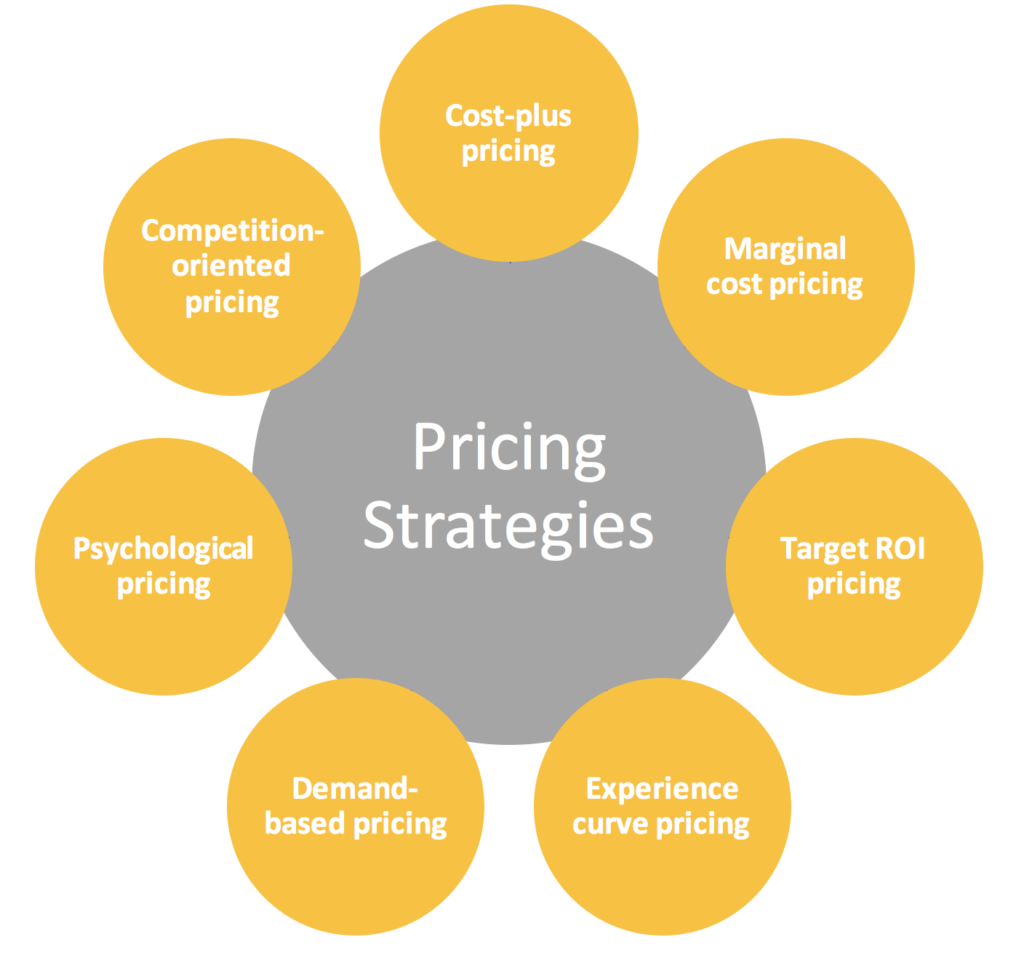
In a business, it is absolutely imperative to be able to price a product or service in order to cover manufacturing costs and to leave some profit for the company to continue to grow and potentially expand. Pricing is defined as the method of determining the value a manufacturer with receive in exchange for the product or service they have to offer. All businesses work to gain a profit, but pricing a product too high will not attract enough consumers to their company, that is why they need to keep certain points in mind when deciding on a price:
- Nature of a particular product or service
- Price of a similar product or service in the market
- Target audience that would be interested in the product or service
- Cost of production, labor, raw material, machinery, inventory, transit, etc...
- Various external factors, i.e. the economy, government policies, legal issue, etc...
There are also some objectives that businesses have to be aware of when it comes to when it comes to deciding what direction they want the pricing to go.
1. Survival
- A company needs to be able to provide profitable yet competitive prices in order to be able to survive over the years against their competitors.
- Estimate supply and demand throughout the year in order to be able to maximize the potential profit.
- Base pricing on the economies of scale. Lower prices means there would be a potential of a higher multitude of customers that are able to afford that product or service. Although with a more expensive product or service, there would be a higher profit, but it would also become more exclusive to those that have the purchasing power.
4. Market skimming
- Charge higher price on products or services that are innovative and use modern technology since there while be a slightly higher manufacturing price.
- Charging the prices that are considered fit for a particular product or service bases on the quality that is perceived by the consumer. So higher quality means higher prices and vice versa.



No comments:
Post a Comment